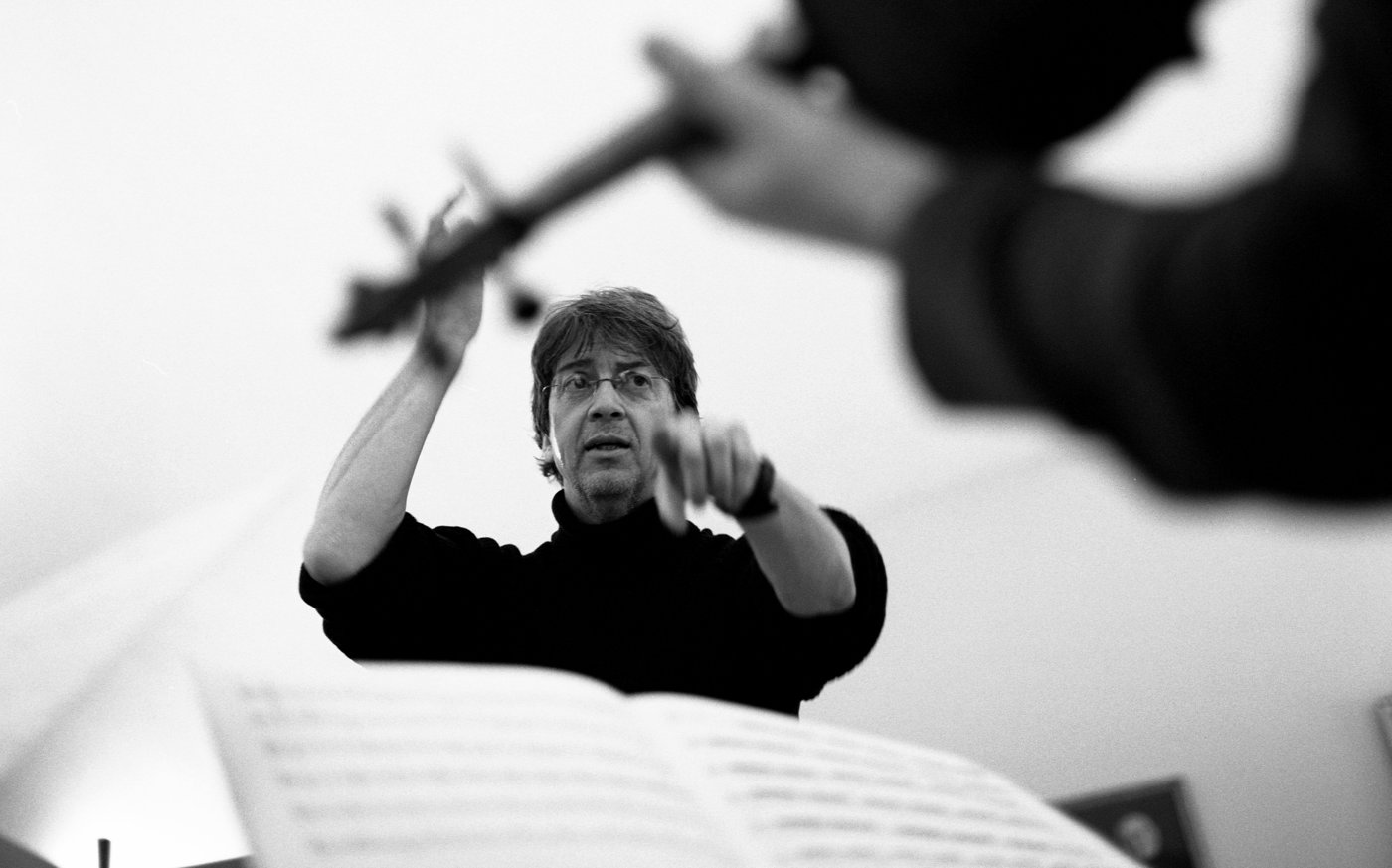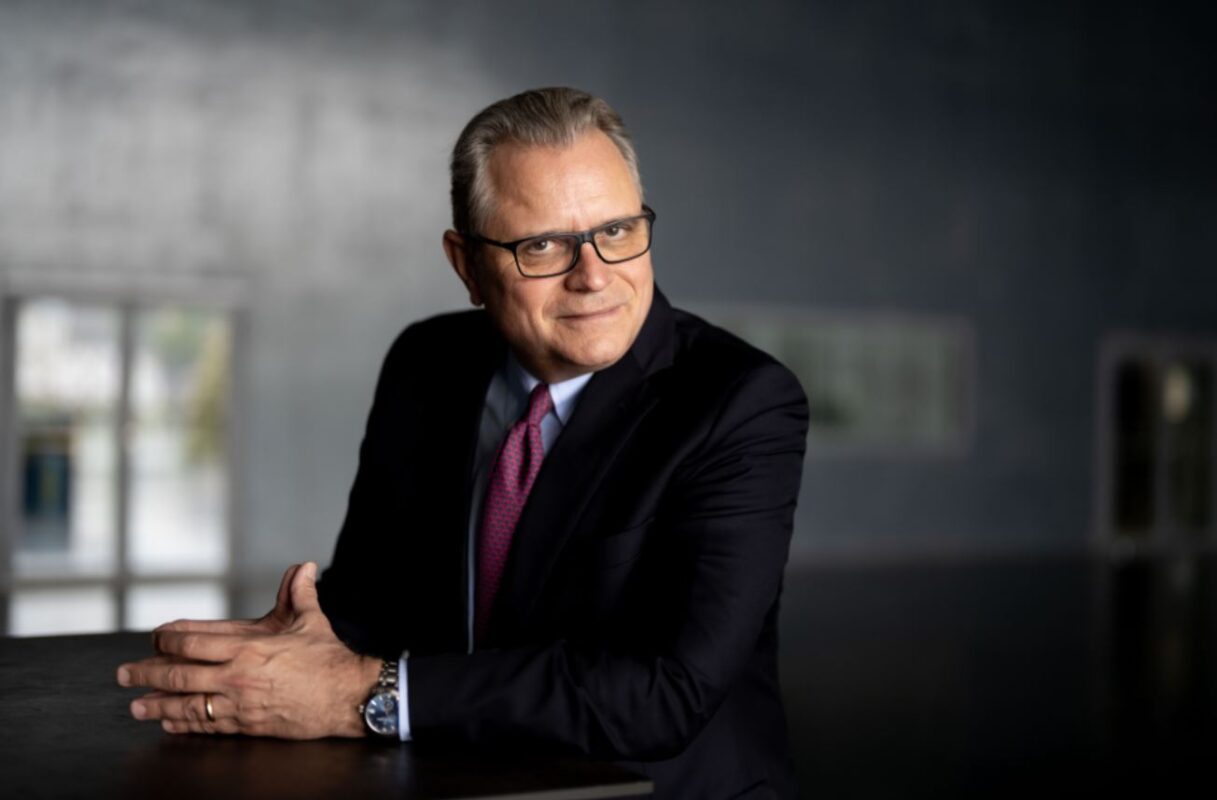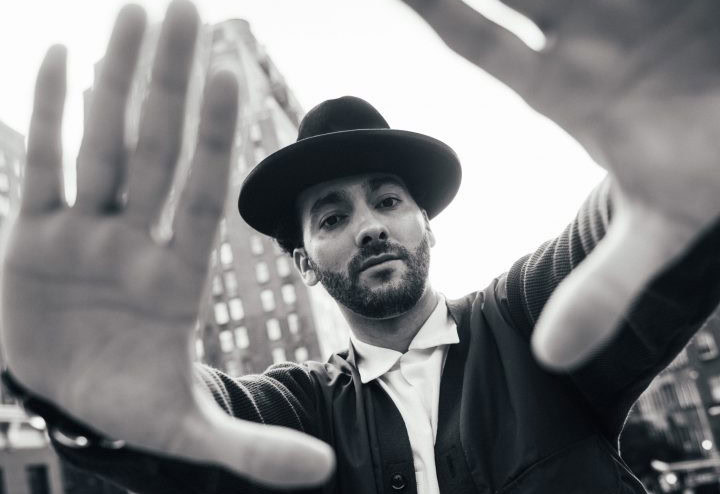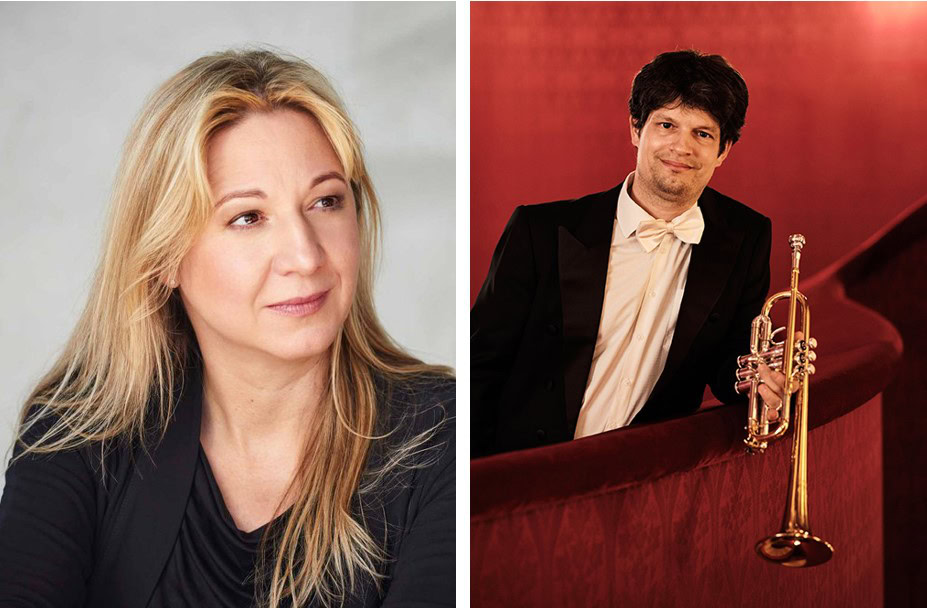Wistfulness, but no sadness
On June 18, 2016, Pierre-Alain Monot gave his farewell concert as director of the Nouvel Ensemble Contemporain in La Chaux-de-Fonds. In an interview with Gianluigi Bocelli, he talks about this important moment of retirement, his career and his plans.

For over twenty years, Pierre-Alain Monot has shaped the fortunes of the Nouvel Ensemble Contemporain (NEC) with his musical border crossings. During this time, the ensemble has grown to become one of the most important formations in the field of contemporary music in Switzerland and abroad.
Pierre-Alain Monot, can you tell us something about this farewell?
A circle closes. What begins at some point must also end at some point. And in art, it is best when this happens at its peak, in the midst of creative fever. The conditions for handing over the baton are favorable: last year, the NEC celebrated its twentieth anniversary, which I didn't want to miss. In the 2015/2016 season, we were then able to let this transition mature. The color scheme of the programs will change, that's normal. But all the elements are in place for the NEC to evolve naturally and continuously. Antoine Françoise, one of the ensemble's pianists, will be the new artistic director. There will no longer be a chief conductor.
How do you feel about taking this step?
Of course there is melancholy, melancholy, because I have longstanding friends here. I live in the canton of Zurich, so the local distance will make itself felt. But I'm not sad. I would be if I left the ensemble in a bad phase or with problems, but it's all going so well!
And what musical plans do you have now?
People often only see me as a conductor, but I am a musician. I will continue to work as a solo trumpeter at the Musikkollegium Winterthur, where I will also be able to select and conduct contemporary pieces - my specialty - from time to time. Also in Winterthur, I am the artistic director of a concert series with a multimedia, captivating focus. I will continue to appear as a guest conductor, for example with the Nouvel Ensemble Moderne in Montreal. And I will get back to composing, which I haven't had time to do so far.
Could you briefly outline your wide-ranging artistic career?
I wrote my first piece when I was twelve. And I've been composing ever since, completely self-taught. I regret that, because I miss the method a bit, but maybe it was the right thing to become a performer after all. As a trumpet player, I played in a brass quartet for a long time, the Quatuor Novus, with whom I made recordings between alto and modern. We were anachronistic in our search for difficult repertoire, but we found a style and a sound that was historicizing and made the music shine.
I came to conducting by chance. I would have liked it as a child, but I didn't have the opportunity - until I founded the Nouvel Ensemble Contemporain. The ensemble wanted to perform one of my works and suddenly they asked me if I would like to take over as conductor. I just started without asking myself too many questions and it became what I like to do best. What I like most of all is taking an idea and developing it together with others. I think that's great.
And why are you so dedicated to contemporary music?
The niches, the old and the modern, have always particularly interested me. Then I concentrated on the contemporary and this led to my collaboration with the NEC. Unfortunately, you always quickly wear a label and are then only asked to work in this area. I love the adventure of contemporary music. You can still set foot in unknown territory there. That's a rare privilege in today's world.
Are there any moments or works that have particularly touched you on this adventurous journey?
The feeling when you read the score of Boulez' Marteau sans maître on the podium before embarking on three quarters of an hour of incredible music that has to be performed with the utmost precision. And Maître Zacharius ou l'horloger qui avait perdu son âme by Leo Dick, a piece of music theater. We had an extraordinary production by the composer about the relationship between man and machine. It is also a rare stroke of luck when a contemporary piece becomes part of the repertoire, such as Gérard Grisey's Quatre chants pour franchir le seuilwhich has become a monument, or the Tower music by Heinz Holliger.
Generally speaking, one of the best moments is when the composer of a work sits at a concert and thanks the performers at the end for their faithfulness to the text. This means that the exchange that is the basis of our profession has come about, that the musicians, composer and I have all pulled together.
Once again about your farewell concert with the NEC. Did you have something special in mind, a special program?
The preparation was the same as for all concerts: you have to master the program perfectly, that's all. We hadn't chosen anything special, certainly nothing sentimental. It was just a normal concert for our extraordinary audience in La Chaux-de-Fonds. Parts by Hanspeter Kiburz, a great work that must be known, that remains in the audience's memory and that every ensemble should have performed at least once. And with Garden of earthly desire by Liza Lim, we have continued the line of Romitelli, which was on the program in January. They belong to the same generation. I've wanted to play something by Liza Lim for a long time.
I am very satisfied, because both works are extremely orchestral and written in such a way that they show the ensemble's skills in the best light.








